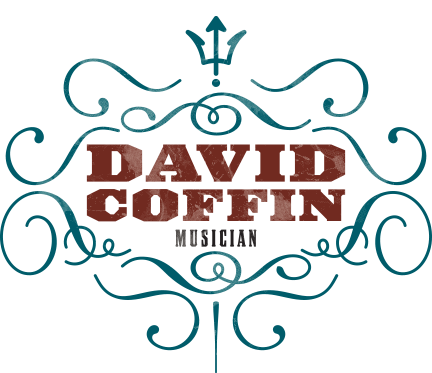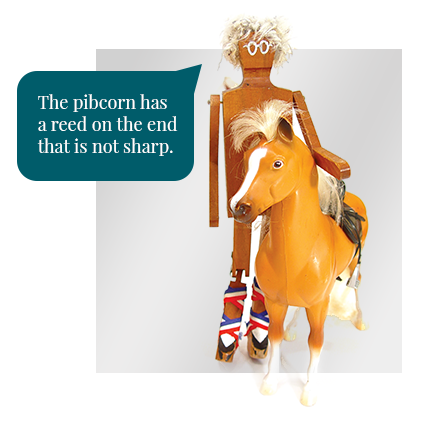



Capped reeds: Any instrument that has a cap over the reed when played.
Single reeds: A reed that touches only the lower lip. A saxophone is a single reed instrument.
Double reeds: A folded cane reed. Any instrument that has a reed that touches both of the player's lips. An oboe reed as opposed to a saxophone reed.
Drone: A long, sustained note or notes that doesn't change. A bagpipe has drone notes.
Consort: An ensemble of the same instruments. A group of recorders is a consort.
Broken consort: An ensemble of different instruments.
Acoustic instruments: Any instrument that can provide its own sound. A violin is an acoustic instrument, an electric guitar is not.
Ornament: Notes that serve to decorate a melody.
Improvisation: To spontaneously make up notes while playing a piece of music.
Organ stops: The levers on an organ that change the sound of the organ. They literally stop the sound from happening.
Octave: An eight-note range of notes reaching from one note and going up or down to the next note of the same name. For example, C to the next highest C.
Scale: The eight notes that comprise an octave.
Windway: The passage way the air travels through the mouth piece of the recorder.
Chamfer: The edge of the block in the mouthpiece of a recorder.
Block: The bottom of the mouthpiece of a recorder.
Blockflote: The German word for recorder.
Early Music: The general term used for music written before 1750.
